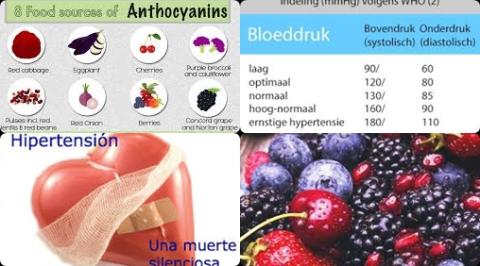
Objectives:
Dietary polyphenols, including flavonoids, have been the focus of major recent attentions due to their wide content in a variety of foods commonly consumed and the findings from numerous studies showing evidence of an association with positive outcomes on human health. Therefore, this review article has been conducted.
Does dietary intake of flavonoids (e.g., anthocyanins, isoflavones, flavones, flavonols, flavanones, flavan-3-ols) reduce hypertension?
Study design:
This review article included 15 cross-sectional investigations and 7 prospective cohort studies (1 study reported on 3 prospective cohort studies).
5 prospective cohort studies, comprising 200,256 individuals and 45,732 cases of hypertension were included in the quantitative analysis.
All studies included covariates that may have significantly influenced the endpoint outcome (hypertension), such as age, sex (when not analyzed separately), BMI, education, physical activity and smoking status. However, not all studies adjusted for key dietary factors that might influence risk of hypertension, such as sodium and potassium intake.
There was no publication bias.
Results and conclusions:
The investigators found analysis by extreme quantiles of intake of flavonoid showed a non-significant association with decreased risk of hypertension [risk ratio = 0.96, 95% CI = 0.89 to 1.03, I2 = 74%, p = 0.01].
Non-significant because RR of 1 was found in the 95% CI of 0.89 to 1.03. RR of 1 means no risk/association.
The investigators found taking into consideration individual flavonoid subclasses, dietary intake of anthocyanins was associated with 8% reduction in risk of hypertension, when comparing highest vs. lowest exposure [risk ratio = 0.92, 95% CI = 0.88 to 0.97].
Significant because RR of 1 was not found in the 95% CI of 0.88 to 0.97. RR of 1 means no risk/association.
The investigators concluded dietary intakes of anthocyanins reduce risk of hypertension. However, further studies are needed to elucidate the retrieved association between polyphenol consumption and decreased risk of hypertension and to clarify whether individual subclasses, rather than the total content of polyphenols, may exert beneficial effects on blood pressure.
Original title:
Dietary Polyphenol Intake, Blood Pressure, and Hypertension: A Systematic Review and Meta-Analysis of Observational Studies by Godos J, Vitale M, […], Grosso G.
Link:
https://www.mdpi.com/2076-3921/8/6/152/htm
Additional information of El Mondo:
Find more information/studies on flavonoids and cardiovascular diseases right here.